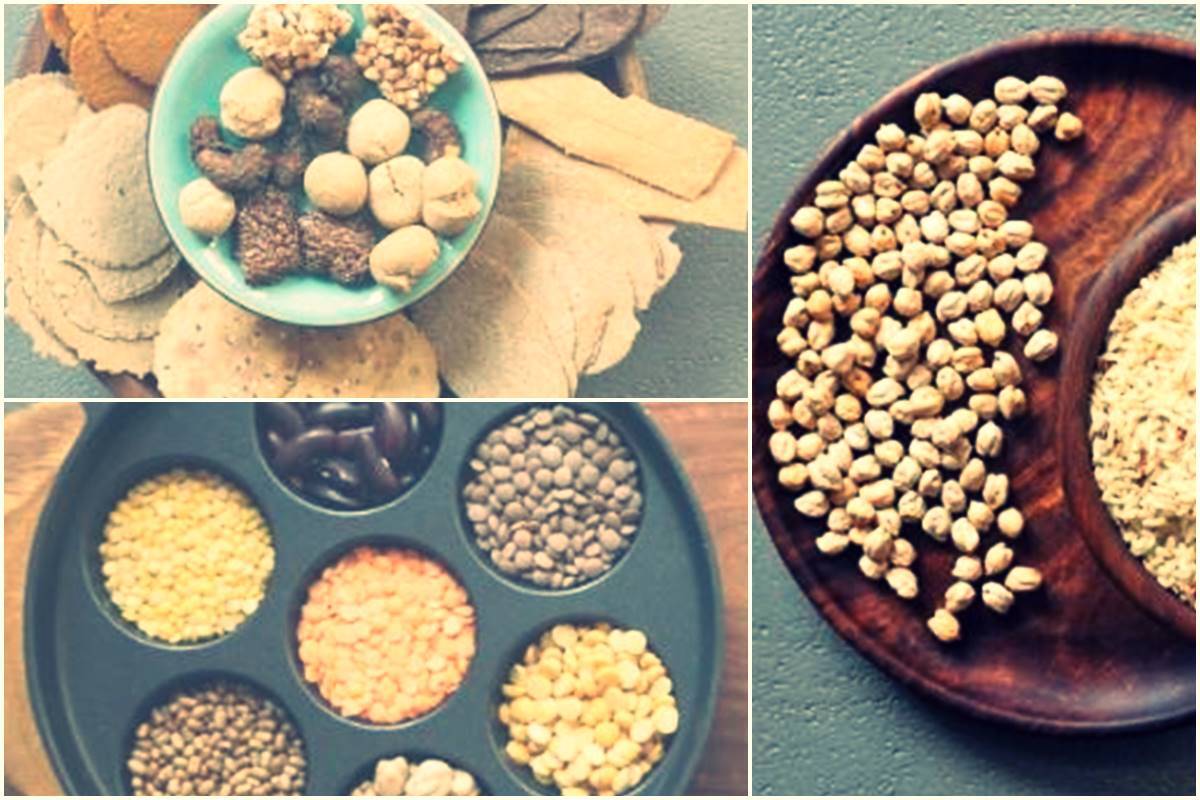If one positive could be drawn out of the devastating global COVID 19 crisis, it is the fact that this calamitous pandemic has made people more conscious about the need for healthier lifestyles, nutrition as well as their environmental footprint. The need to get rid of our unsustainable lifestyles has gained renewed currency in the post pandemic world. The natural corollary of this shifting consciousness has been a re-emerging interest in healthy eating as well as in naturopathic principles that focus on strengthening the human body from within.
Demand for nutraceuticals and immunity boosting foods has skyrocketed across the world as people seek to bolster themselves against the viral scare. Medicinal herbs, spices, seeds and healthy oils are replacing traditional practices in households as Google search indicated manifold jump in online searches for naturopathic remedies such as giloy and vitamin C. An emerging focus on preventive healthcare is gradually but systematically bringing about a shift in what we eat and the way we eat!
The floating traffic jams off ports. The multiplying costs of moving freight. The resulting shortages of goods. All of this had seemed like an unpleasant memory confined to the COVID-19 pandemic. But no such luck!
An ocean container capacity crunch has hit global trade just as peak shipping season starts, with freight spot rates up some 30% over the past few weeks and heading higher.
The first joint Europe-wide assessment of the drivers and impact of chemical pollution by the European Environment Agency (EEA) and the European Chemicals Agency (ECHA) has concluded that, despite progress in some areas, “more work is still needed to reduce the impact of harmful substances on human health and the environment”. Key findings include:
The severe drought which has forced the Panama Canal, one of the world’s busiest trade passages, to limit daily crossings could impact global supply chains during a period of high demand.
In the early hours of March 26, the Singapore-flagged ship Dali, loaded with 5,000 containers, slammed into Baltimore’s Francis Scott Key Bridge, causing the 1.6-mile (2.5-kilometer) bridge to collapse in a matter of seconds. The Dali was departing for Colombo when the disaster struck. Initial fears were confirmed that half a dozen people lost their lives in the accident.
The pharmaceutical and biotechnology industries constantly seek innovative methods to enhance product stability, solubility, bioavailability and ease of use. Within this realm, CDMOs [Contract Development & Manufacturing Organizations] serve as invaluable partners in the development and production of high-quality drug products.
Chinese New Year 2024 is upon us, disrupting logistics from Asia starting Feb 10th. This event is expected to impact global shipping until Feb 21. Freight rates from Asia has skyrocketed with rates to the US surging by 3.5X and Europe by 6X.
Amid ongoing Red Sea diversions by shipping giants like Maersk, CMA, logistics managers are globally confronting a dual challenge of escalating ocean and air freight prices alongside cargo disruptions due to
Why will CM be the next generation on quality?
